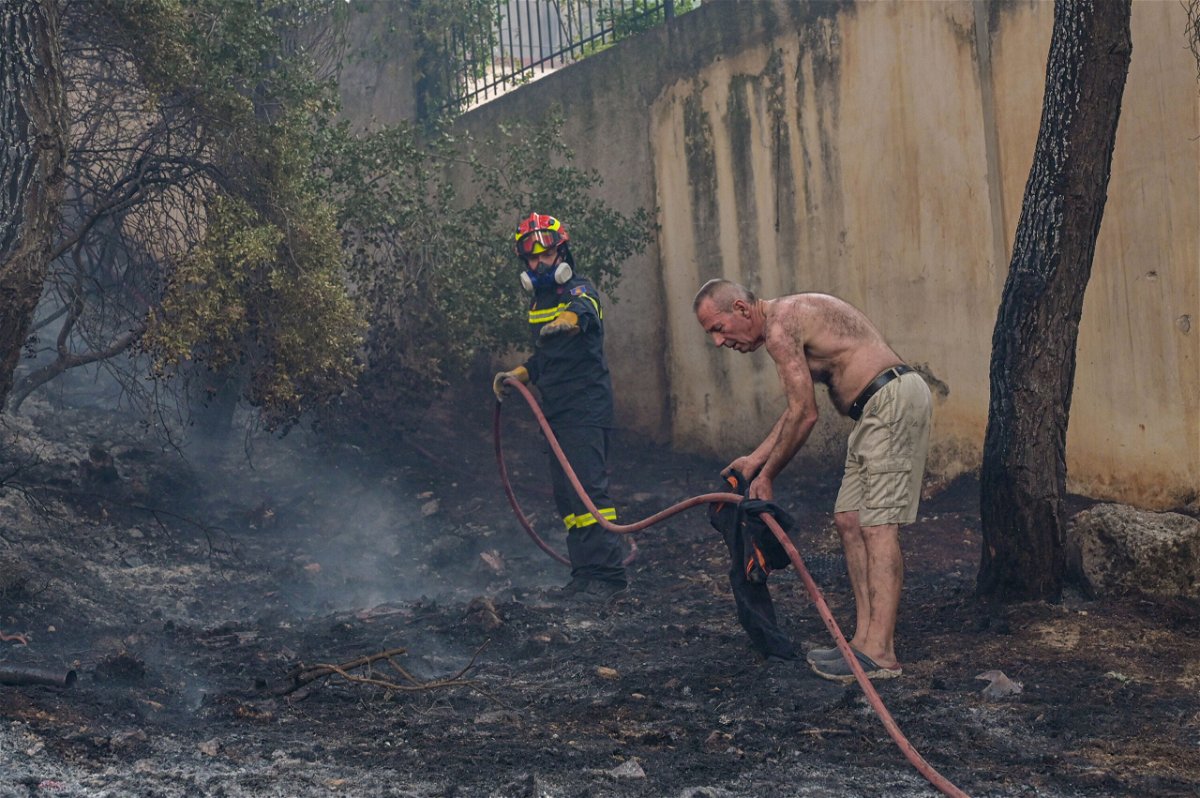The world is on the brink of ‘catastrophe,’ leader of next UN climate talks warns

The leader of the United Nation’s next climate talks has warned that failure to act now on climate change will result in “catastrophic” consequences for the world
By Amy Woodyatt and Jennifer Hauser, CNN
Failure to act now on climate change will result in “catastrophic” consequences for the world, the leader of the United Nation’s next climate talks has warned.
“I don’t think there’s any other word for it,” Alok Sharma, the British minister in charge of the 26th UN Climate Change Conference (COP26), told British newspaper The Observer, warning that the annual talks, which will take place in Glasgow, Scotland in November, would be among the last chances to limit global heating and save lives.
“This is going to be the starkest warning yet that human behavior is alarmingly accelerating global warming and this is why COP26 has to be the moment we get this right. We can’t afford to wait two years, five years, 10 years — this is the moment,” he said.
Sharma’s comments came one day before the Intergovernmental Panel on Climate Change (IPCC) is due to release its latest assessment, which has been years in the making and will likely provide the most conclusive look yet at the extent of human-made climate change.
The IPCC — the global scientific authority on climate change — warned in a landmark 2018 special report that the world only has until 2030 to drastically reduce its dependence on fossil fuels and prevent the planet from reaching the crucial threshold of 1.5 degrees Celsius above pre-industrial levels.
The 1.5-degree marker has been identified as a key tipping point beyond which the risk of extreme drought, wildfires, floods and food shortages will increase dramatically.
The consequences of global warming was already clear, Sharma said: “You’re seeing on a daily basis what is happening across the world. Last year was the hottest on record, the last decade the hottest decade on record.”
This week alone there have been severe fires in Greece, Turkey, Siberia and the United States, while once-in-a-century flooding has wreaked havoc parts of Europe and Asia in recent weeks.
A summer of record-setting heat in southern Europe has set off devastating wildfires that have torn through forests, homes and destroyed vital infrastructure from Turkey to Spain. And this summer, devastating floods in Western Europe engulfed houses and streets, and claimed dozens of lives.
“I don’t think we’re out of time but I think we’re getting dangerously close to when we might be out of time. We will see [from the IPCC] a very, very clear warning that unless we act now, we will unfortunately be out of time,” Sharma told The Observer.
Many countries have pledged to become carbon neutral by the middle of the century and several of the world’s biggest economies, including the US, the European Union, the United Kingdom and Canada, have overhauled their short-term emission cutting targets.
However, the UN has warned that details on how they are planning to get there remain vague.
The-CNN-Wire
™ & © 2021 Cable News Network, Inc., a WarnerMedia Company. All rights reserved.
CNN’s Ivana Kottasová contributed reporting.